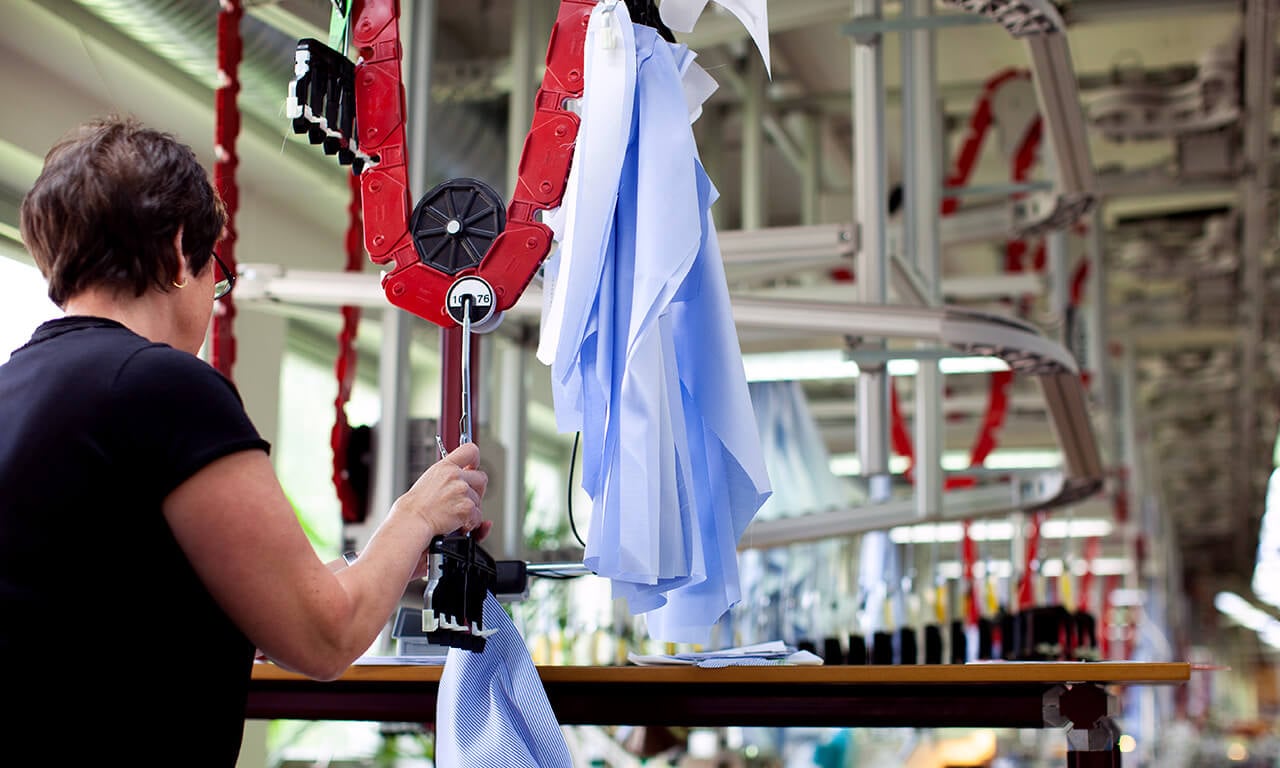The past year and a half have put an enormous strain on supply chains across the globe. Closed borders, reduced production capacity and general global uncertainty in the wake of the corona pandemic has been the main culprit. But recent events in the Suez Canal have also shown the vulnerability in our supply chains, where a seemingly trivial grounding created immediate shortage in western supply of industrial and consumer goods, with companies losing billions of dollars.
To say the least, many companies have started to question the norm of outsourcing production, involving complex and fragile supply chains. Seeing what’s at stake when things go wrong, the economic equation is not as simple as before. Reshoring – to bring production closer to home – has become a hot topic. But what are the advantages and what companies will benefit the most?








